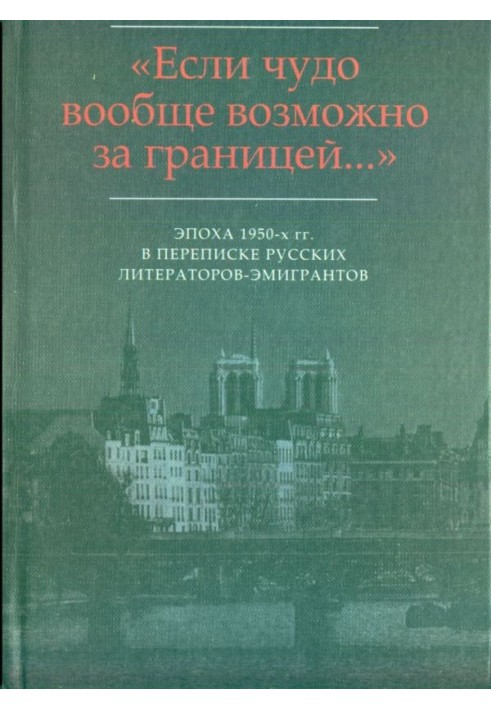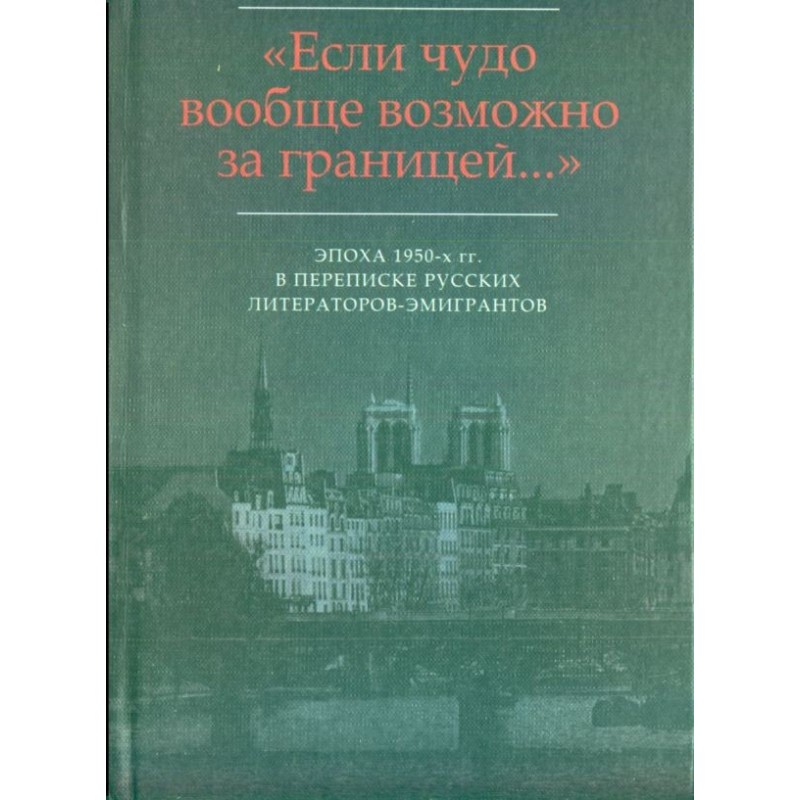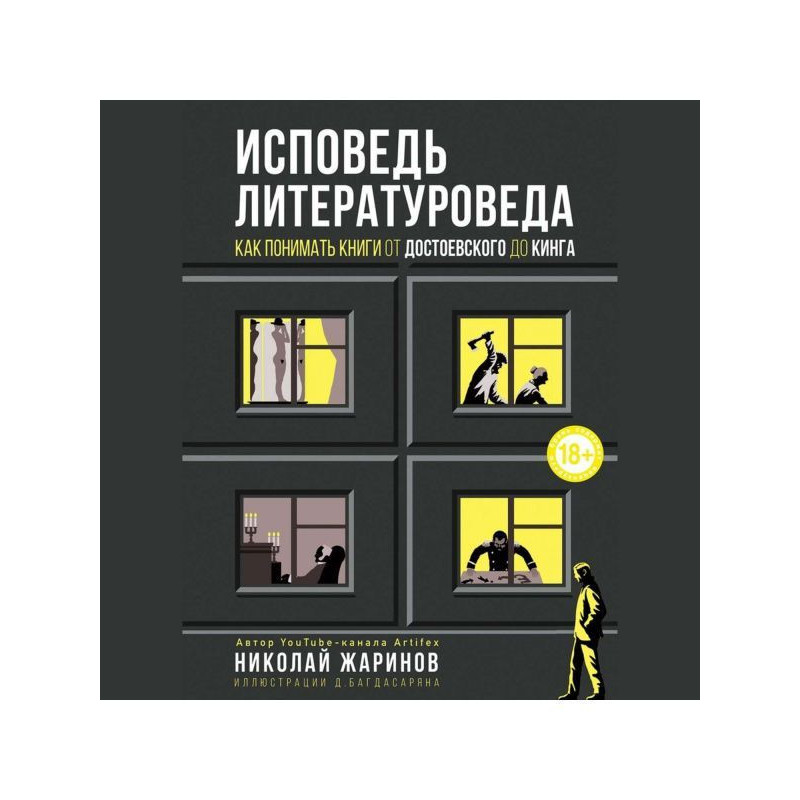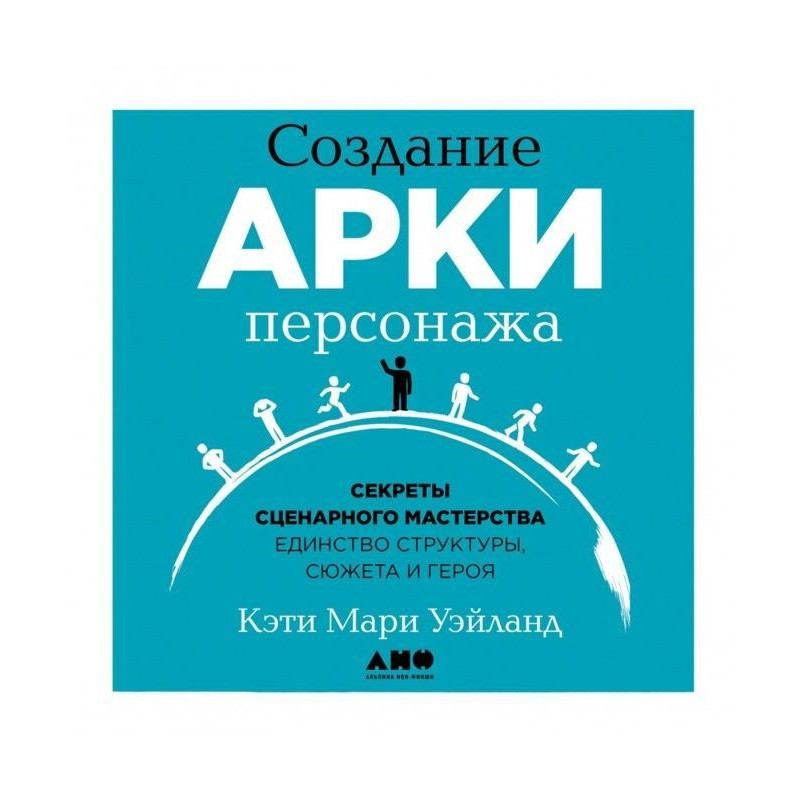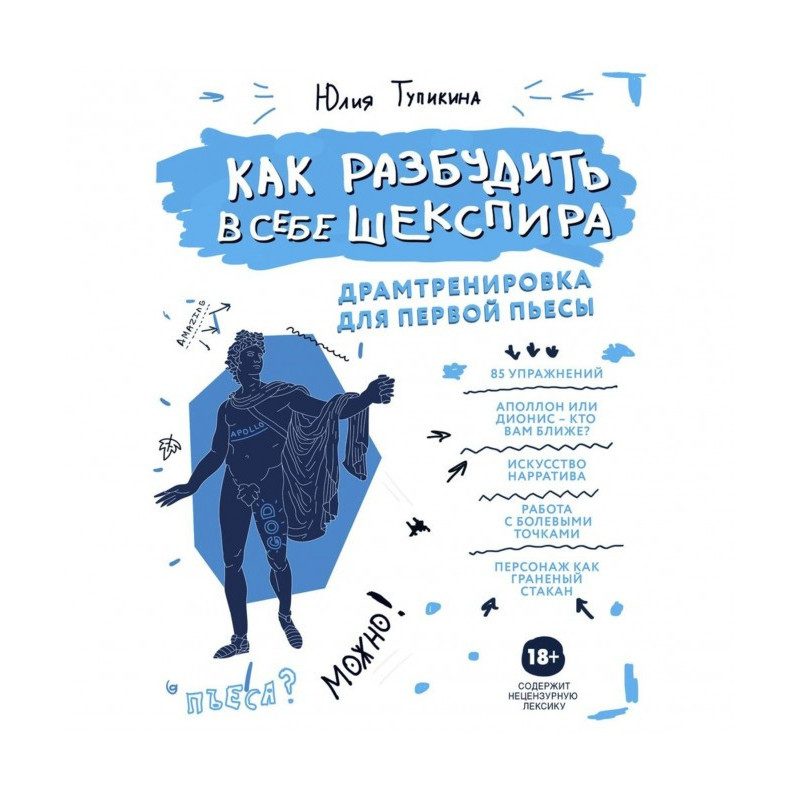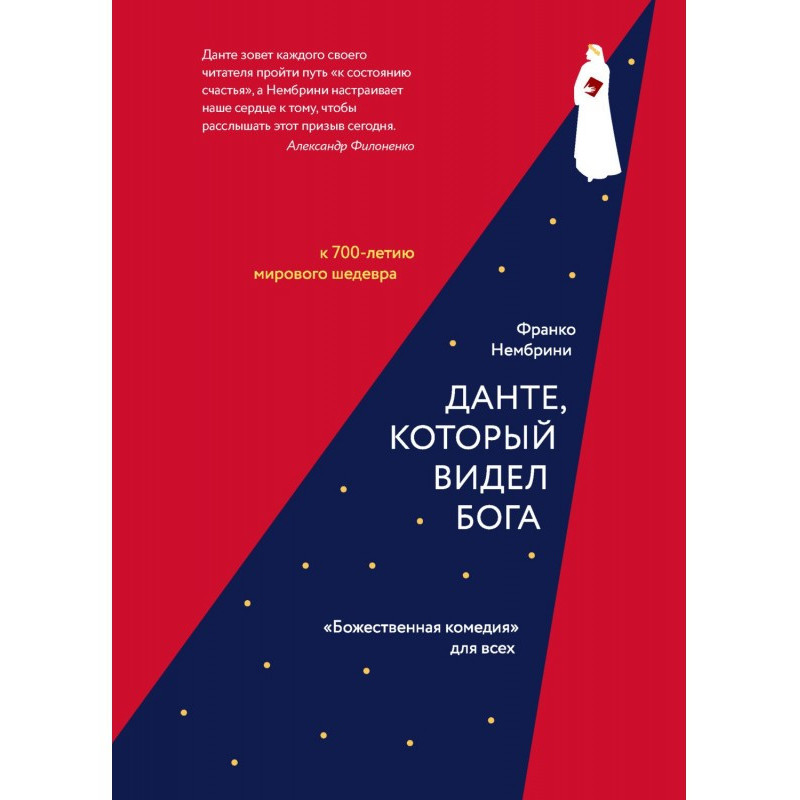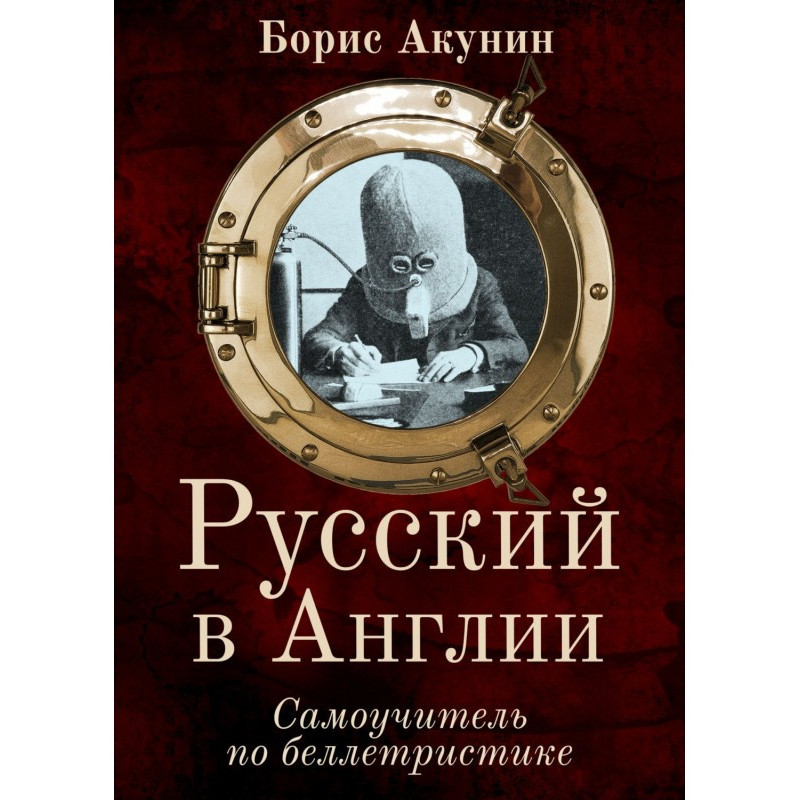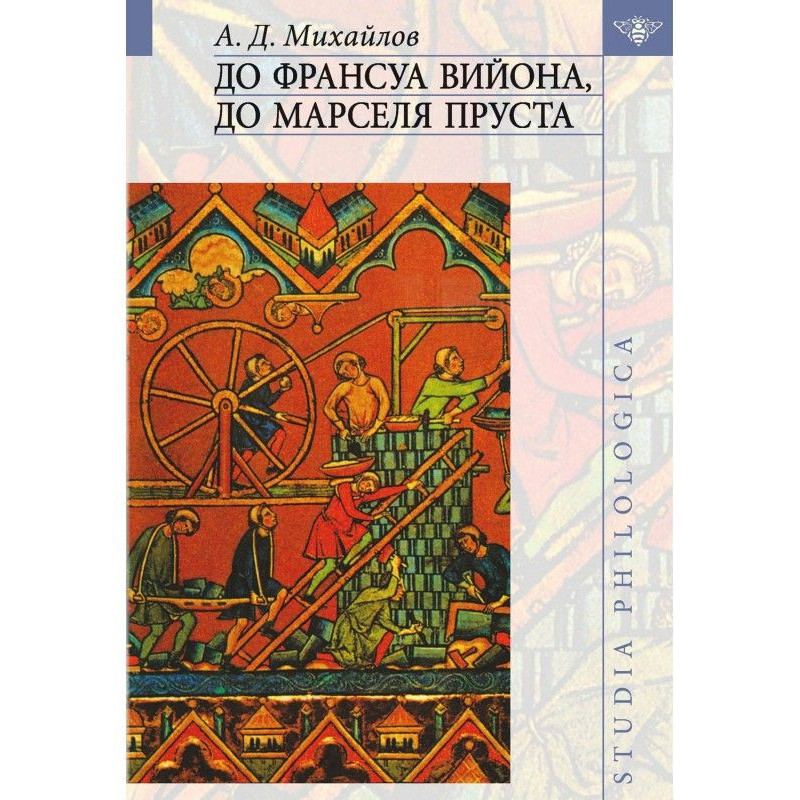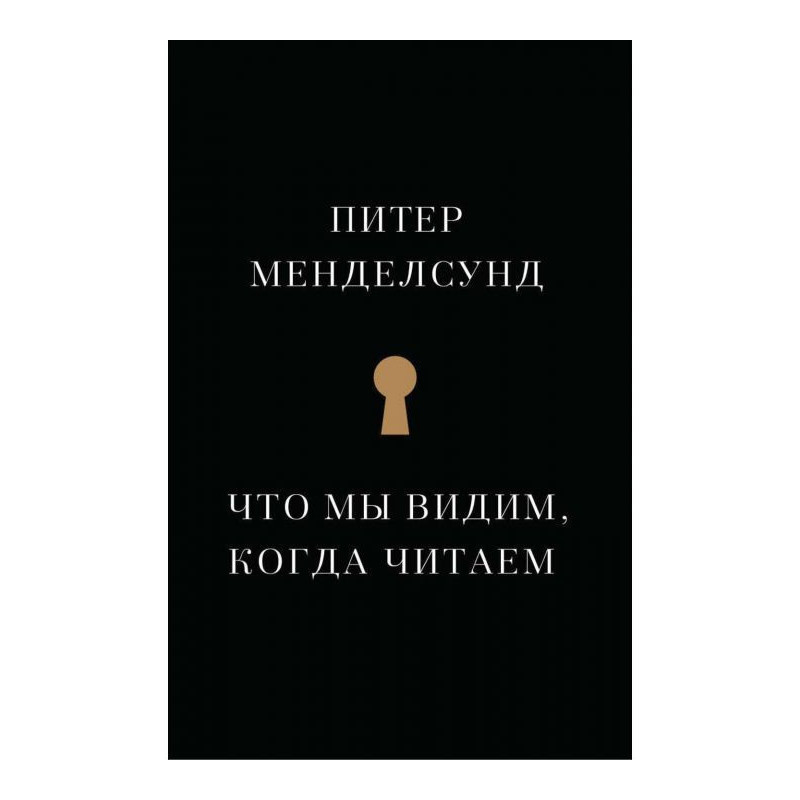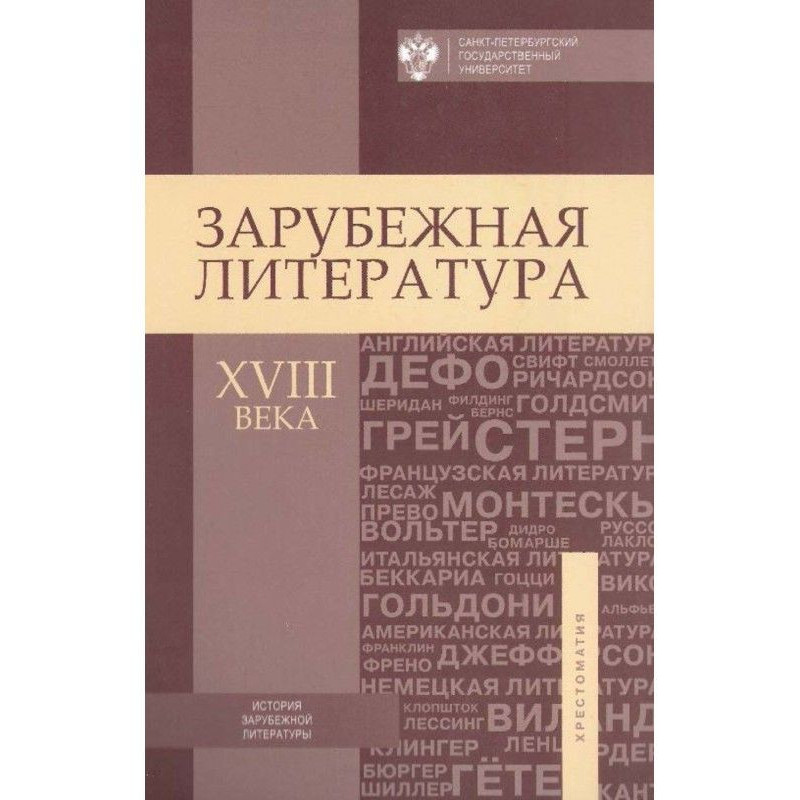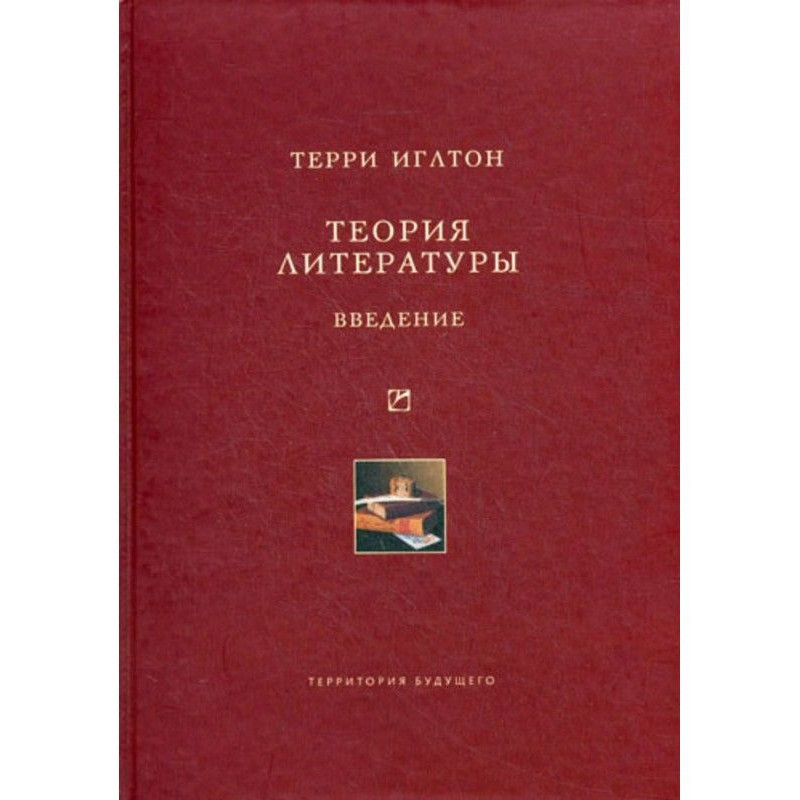“I want to take everything wonderful that I can perceive and keep it...”: Letters from E.M. Raisa V.F. Markov (1955-1978)
 Instant download
Instant download
after payment (24/7)
 Wide range of formats
Wide range of formats
(for all gadgets)
 Full book
Full book
(including for Apple and Android)
Emmanuel Rice (1909–1981) - literary scholar, literary critic, poet, translator and essayist of the Russian emigration in Paris. Doctor of Philosophy (1972). Since 1962, Rice taught, gave lectures on cultural history, and worked at the National Center for Scientific Research. The last years of his life he taught at the Nanterre branch of the University of Paris. With V.F. Markov corresponded with Rice for a quarter of a century. Their correspondence, almost entirely literary, revealing in detail the little-studied period of emigrant literature, is one of the most interesting documents of post-war emigration, an interesting reflection of the opinions and views of those years. From it, more clearly than from printed critical reviews, it is clear that it was from Soviet literature that they read and valued in emigration, And this despite the fact that Rice your own view of all processes. Sometimes it’s still too unique, there are a lot of misses, but the task of the search itself was special - to identify all the most interesting and new, even from the most die-hard Soviet authors. It was the constant striving for the very latest in literature that constantly played with Rice bad jokes. He would prefer that the Nobel Prize be given to Pilnyak or Berdyaev, but not to Bunin. Moritz considered Akhmadulina more boring than Yunna. He expressed sincere joy if Markov did not include poems by Brodsky or Adamovich in the next anthology, and immediately complained that poems by Dmitry Kovalev and Sergei Rafalsky were left out of the anthology. All this now looks funny, but the same thing is regularly repeated even now, but fans of novelty no matter what It didn't cool me down at all. Even Markov, who was not without reason known as a fop and a shocker, could not afford to be so radical in his judgments and assessments. The correspondence is also curious because this time the famous shocker Markov was criticized from the left. He, who loved to slap public Russia in the face, and who promoted the most experimental literary examples at that time, was now reproached for being too banal in his tastes and making concessions to the tastes of the general public. At first, Markov certainly made an excuse that this was pressure from the publishing houses, that there was hidden irony, but in the end he was forced to call Rice a “bender.” Some ideas, as can be seen from the letters, were instilled in Markov by Rice (in particular, it was he who converted Markov's attention to Kuzmin, to Balmont, and After a while, Markov prepared editions of both, which forced many to change their established opinions about these poets). He was one of those who dissuaded Markov from continuing to write poetry, strongly suggesting that he should press criticism first, and as a result, Markov entered the history of literature primarily as a critic. Moreover, it was the polemic with Rice that turned out to be the most fruitful for Markov. In the process of correspondence, and not even without the participation of Rice, Markov’s fundamental study on futurism appeared, the foundations of an entire direction in American Slavic studies were laid. From the book: “If a miracle is at all possible abroad...”: The era of the 1950s. in the correspondence of Russian emigrant writers / Comp., preface. and note. O.A. Korosteleva. — M.: Library-Foundation “Russian Abroad”: Russian way, 2008. pp. 553–694.
Data sheet
- Name of the Author
- Владимир Марков Фёдорович
Эммануил Райс Матусович - Language
- Russian
Reviews
Неперевершене літературне дослідження емігрантської думки!
Книга «Хочеться взяти все чудове, що може сприйняти, і зберігати його...» є справжнім скарбом для всіх, хто цікавиться історією літератури та культурної еміграції. Листи Е.М. Райса до В.Ф. Маркова відкривають перед читачем не лише особисті думки та переживання авторів, але й глибокий контекст того часу, коли емігранти шукали своє місце у світі, а також намагалися зберегти культурну ідентичність. Ця книга не лише документує їхнє листування, але й показує, як літературна критика та естетичні смаки змінювалися під впливом політичних і соціальних обставин. Райс і Марков, з їхніми суперечками та дискусіями, стають символами епохи, де кожне слово мало вагу, а кожна думка могла змінити хід літературної історії. Я рекомендую цю книгу всім, хто хоче зрозуміти, як література може бути не лише мистецтвом, але й потужним інструментом для аналізу суспільства.

